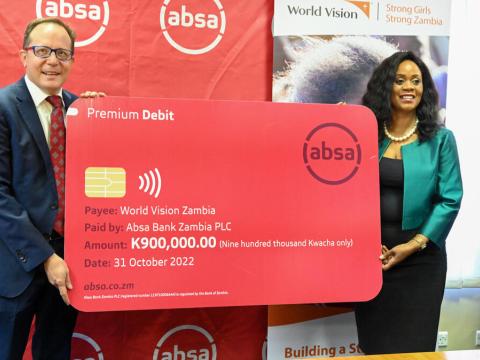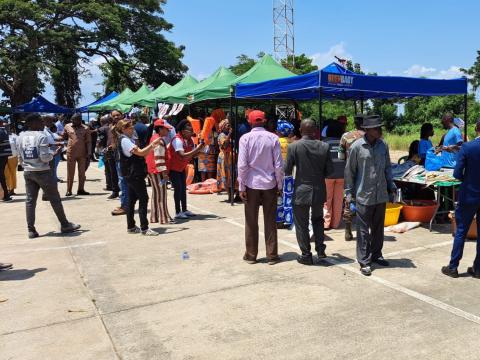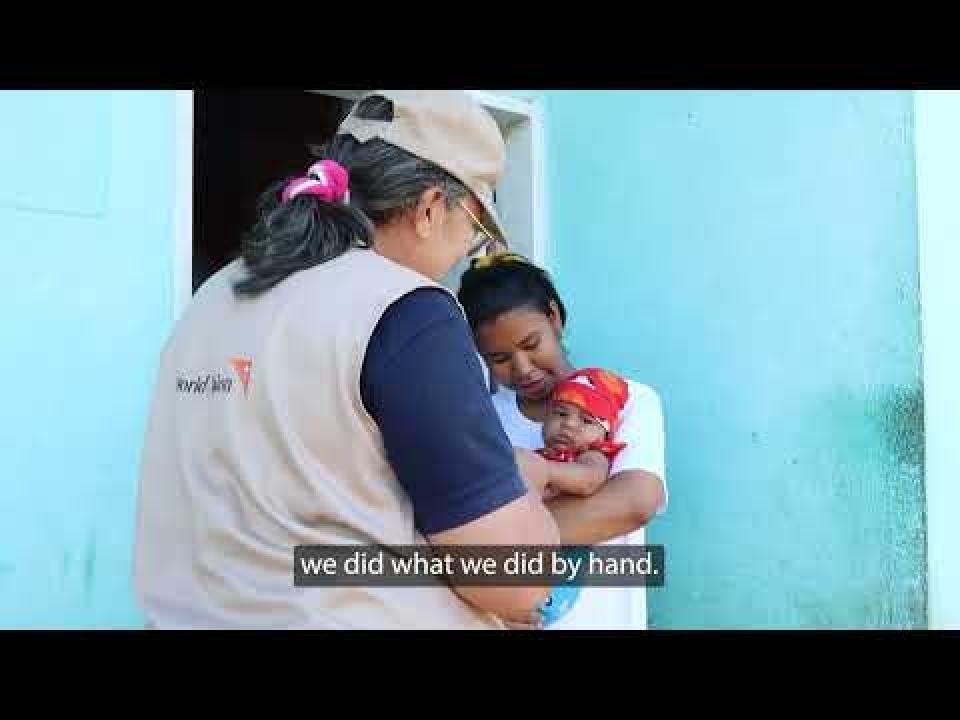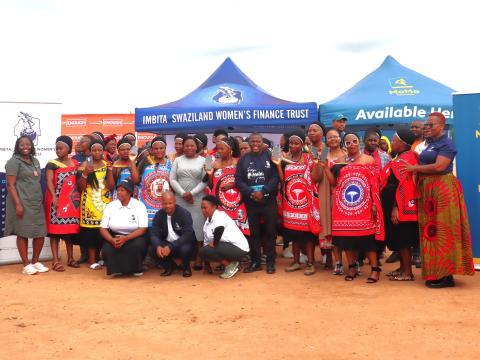
How banking and humanitarian work go hand in hand
It might surprise you, but banks and aid agencies have more in common that you might think, and, according to John Teng, a chance to collaborate for good.
13 March, 2023
Coming from a finance background prior to joining World Vision, I’m often asked about the differences between the banking and humanitarian development sectors. My answer often comes as a surprise; the two industries have significant similarities. Both rely on Other People’s Money (OPM) for their work—banks on their customers and investors; humanitarian agencies on their supporters. The key to growing and maintaining these business relationships, for both industries, is to maintain the trust and confidence of their stakeholders.
Obviously, the objectives of the two sectors are seemingly quite different: banks to generate revenue; humanitarian agencies to help more vulnerable communities. But the vision is the same, to get the most return on investment, and when the two industries work together, meaningful change can occur.
What is not being spoken about often enough is the banking and finance sectors’ ability to play a driving role in mobilising, investing and directing critically needed funds towards the United Nations Sustainable Development Goals (SDGs) and towards climate outcomes. The UN’s SDGs, along with the Environmental, Social, and Corporate Governance, provide a common platform and language for the two industries to collaborate and thrive in their collective goal. There are clear paths of intersections between financial institutions and humanitarian agencies in their commitment to sustainable development, but more of these intersections are needed. One of the best performing examples of the success collaboration between finance and humanitarian work is microfinance.
World Vision, in collaboration with financial agencies, provides financial services to rural communities—through loans, savings as well as crop and health insurance. The programme empowers rural entrepreneurs in impoverished countries, giving them a hand-up, rather than a hand-out. Other revolutionary strides are being made toward achieving the UN’s SDGs as well.
Many financial institutions now place sustainable development at the heart of their strategy. More private money is being dedicated to efforts to achieve SDGs by aligning investments to finance clean energy programs, eliminate hunger, foster gender equality and achieve more than a dozen other social and environmental targets, yet it is still not enough.
Climate change also places urgent attention on the US$100 trillion required to transition the global economy net-zero emissions by 2050 – and US$32 trillion of that would be needed over the next decade. Financial institutions are the key to sourcing the overwhelming majority of the investment needs. Banks and humanitarian agencies can and should collaborate to make these investments more effective and impactful for sustainable development.
Humanitarian agencies can play a critical role in raising public awareness for areas that desperately require funding while guiding global development best practices. With decades of experience, humanitarian agencies can also work alongside financial institutions on the design of development projects as well as engagement of local communities.
Sustainable development requires the transformation of both the rich and the poor.
Banks, as corporate entities, can organically provide opportunities of collaboration between humanitarian agencies and bank clients. Many private banks or wealth management firms are already providing philanthropy advisory services to their high-net-worth clients. Humanitarian agencies can do their part in working with banks to educate their clients on the development needs and how clients can make a meaningful impact for the world. Humanitarian agencies can also play a vital role in helping to educate and engage the families, including children, of clients with the means to help create inter-generational legacy as well as promote social responsibility.
Despite the distinctive differences of for-profit and non-profit organisations, there is a lot of potential collaboration opportunities for banks and humanitarian agencies to work toward meaningful sustainable development, but a commitment from both sides must be made first.
John Teng is the National Director of World Vision China. Before joining the organisation in 2019, John worked for more than 30 years in international business and finance. He has extensive experience in risk management, fixed income, capital markets, and corporate strategy with major global financial institutions such as Morgan Stanley, SBC Warburg, and Nomura International.


